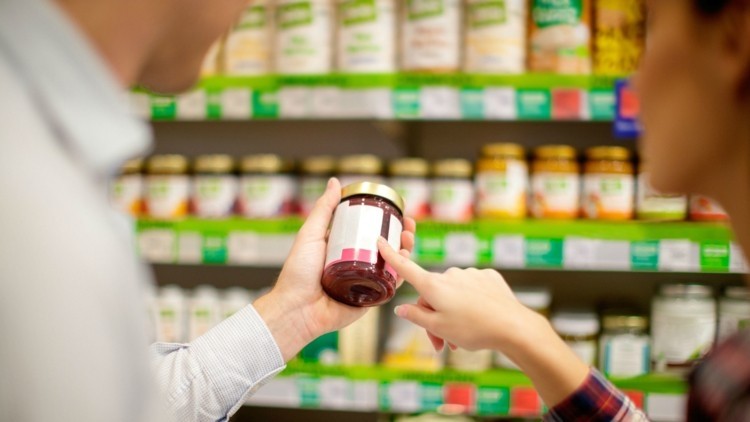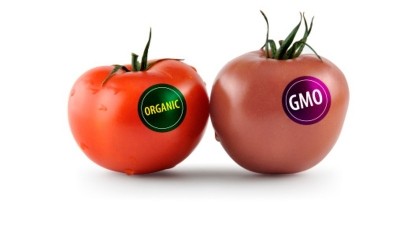Safety over shelf-life: Thai consumer concerns over long expiry dates driving demand for clean label ingredients

Although the onset of the COVID-19 pandemic generally led consumers worldwide towards an increased preference for foods and beverages that were more affordable and could last longer, the time of panic-buying has now passed and Thai’s seem to be paying more attention to the labels of their purchases.
This has in turn led to rising concerns over long expiry dates, the potential additives in these products conveying these as well as the potential long-term health impacts, according to leading starch firm SMS Group.
“In Thailand it is now very common that consumers across all demographics will read the labels of the food products they are buying, and the general consensus is that the less non-natural additives are on the label the better, and none is of course best,” Thailand Country Sales Manager for Food Application Chutmongkon Raisanguan told FoodNavigator-Asia at the recent Fi Asia Thailand event in Bangkok.
“There was a time when long shelf-life was considered very important especially during the pandemic and people were afraid there would not be enough food to eat, but now long expiry dates are what worry consumers the most.
“They feel that expiry dates that are too long are essentially dangerous and unsafe as the additives that can provide this long shelf-life cannot be good for their health, and are particularly concerned that the consumption of too much of this in the long term will be unhealthy for them and their families, so clean label products are really in demand.”
The plant-based meat industry in particular is increasingly beginning to see the necessity of formulating products using clean label ingredients, in order to distance itself from previous health-related accusations such as being overprocessed or high in additives.
“There is no doubt that the plant-based meat sector is being strongly driven by the same health and wellness trend that is really booming in Thailand,” said Raisanguan.
“But all formats from burger patties to meatballs, minced meat and so on tend to require some form of additive in order to provide the meaty texture that consumers are looking for – without good texture it will be hard for consumers to accept these products, yet at the same time consumers are not satisfied with the use of such additives as they fear it will harm their health.
“So the best solution for product manufacturers and brands to solve this conundrum is to employ the use of natural, clean label solutions – for example we are a starch firm and we have an I-BIND texturiser product that can give plant-based meats that required texture, but is still a natural alternative as it is a starch.”
He also believes that the potential for the use of natural starches in the alternative protein sector is only going to grow from here, and is not limited to the Thai market.
“The perception here that plant-based meat is healthier than regular meat is strong, and there is a lot of interest in it – but this is also gaining traction in markets way larger than Thailand such as China,” he said.
“China is actively looking to reduce reliance on meat protein and boost up alternative protein production, and health and wellness is also very important to consumers there, so I do believe that in future the potential for starch as a natural ingredient in this sector is very strong.”
Boba breakthrough
In addition to plant-based meat, Raisanguan also highlighted the rising demand for healthier options in sectors such as boba, the tapioca balls/pearls used in bubble teas.
“Bubble tea is another area that is rising sharply in popularity and some of the attributes that are emerging in terms of consumer interest are for these to have no E numbers, so clean label, as well as for these to have high transparency,” he said.
“We are the world’s first company to produce waxy tapioca starch, which is amylose-free and allows for many more applications as well as higher freeze-thaw stability and also cuts down the need for any chemical preservatives.”























